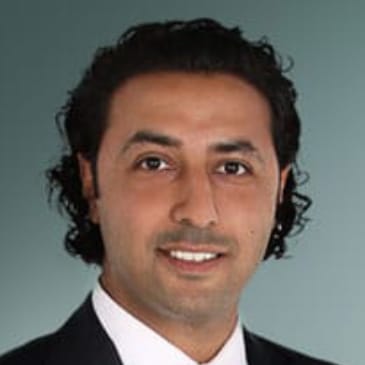Child genius?
Giftedness
Giftedness, or high potential, historically only referred to an intelligence quotient (IQ), usually 130 and above (1). Today, it is accepted to consider the existence of several gifted profiles, thus responding to different intelligence skills and to the different factors that may contribute to them. Among the explanatory models of giftedness, Renzulli (2005), for example, proposes a three-factor model involving creativity, skills and commitment in the expression of giftedness. Giftedness is therefore a concept that can vary depending on the time and culture (2). Françoys Gagné (2003) proposes that a gifted person must show remarkable aptitudes in at least one skill area placing the individual at least among the top 10% of his age. A gifted child or adult is therefore significantly different from the norm. According to Olivier Revol, French specialist in giftedness (3), there are two profiles of a gifted individual. Children with a homogeneous profile have little difficulty adapting to their environment. Children with a heterogeneous profile however, exhibit a significant discrepancy between their strengths and their difficulties such as disorders or learning drivers. Since their mental and neurological development are not in line with children of the same age, this can lead to an inability to thrive in their environment (1). These children thus find themselves failing and isolated, despite their superior intelligence.
Common symptoms:
• Highly curious
• Keen sense of humor
• Hypersensitivity
• Questions broad societal ideas
• Early language development
• Solitary
• Exceptional memory
• Strong and early interest in a particular field
• Creative
• Difficulty following certain rules
• Endless energy
• Great sustained attention
• Between 10% and 30% of gifted children have a learning disability (8)
Assessment and intervention
The giftedness assessment will be done to the extent that the child or adult experiences difficulties adjusting at school, at home, with friends or at work. The neuropsychologist will first assess the IQ, which is intellectual potential. However, he will carefully consider developmental and family history. Motivation, creativity and cognitive profile will also be assessed. The neuropsychologist will also make sure to investigate the presence or absence of an associated disorder such as dyslexia or ADD/HD in order to be able to offer the best diagnosis to the individual and thus allow him to obtain the necessary adaptations.
References
1. Doucet, Carine. Giftedness. Detect, understand and support. AQNP. [Online] [Citation: April 14, 2020.]
2. Richard, J. F. Giftedness and talents at school. Order of Psychologists of Quebec. [Online] 2017.
3. AQD. Giftedness. [Online] 2019.







Follow us to stay in touch with the world of psychology